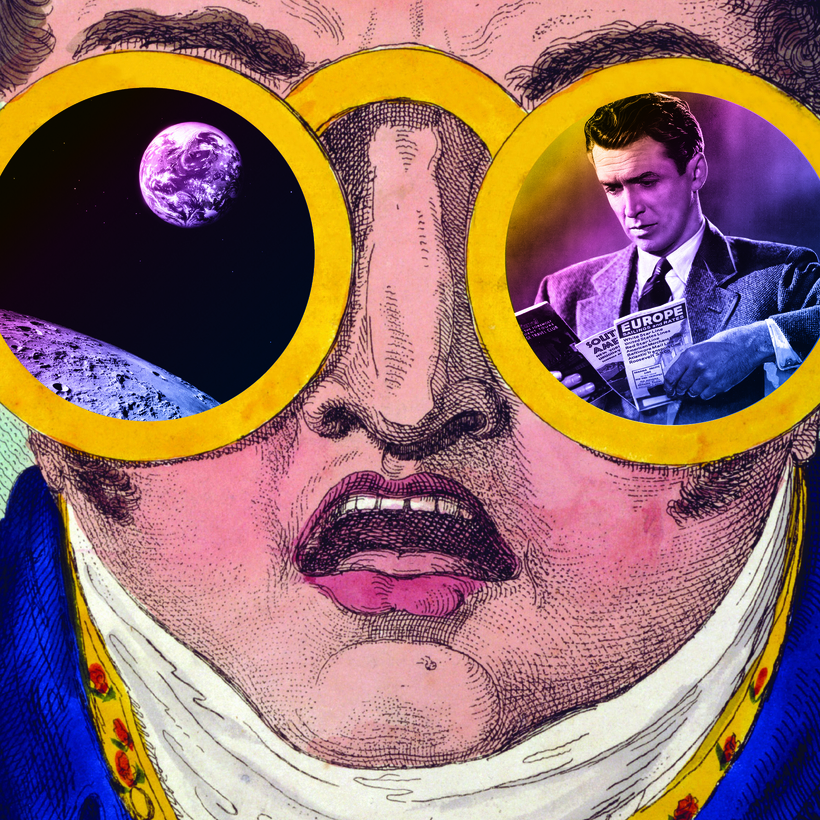We believe in second chances.
And not just the kind given out in It’s a Wonderful Life or A Christmas Carol. At times of crisis, nations also show their true character, and this one didn’t exactly distinguish itself after the 2008 financial collapse—too many people of means turned, well, mean, unwilling to sacrifice a little to help other people a lot.


